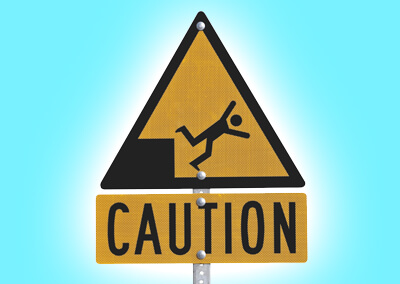Our ears play a very important role in our daily lives by helping us with hearing and vestibular (balance) function. There are two organs in the ear. One is called the Cochlea and it collects vibrations and pressure waves to determine which sounds we are hearing and then the information is sent to the brain for processing. Three semicircular canals and two otolith organs make up the vestibular system that provides input to the brain about our equilibrium, motion and spatial orientation.
The brain differentiates sounds that it hears to help process where we are in relation to other objects. The ears detect sounds and the brain can compare the volume and speed at which those sounds reach each ear. If our ears have hearing loss and do not hear well, the sounds will not be detected correctly and therefore, the brain will think we are in a different place than we actually are in relation to those other objects.
Studies have shown that individuals with even just a mild hearing loss have an increased accidental fall risk by one-third over those with no hearing loss. Furthermore, the studies have also shown that for every 10 decibel increase in hearing loss, the fall risk increased by 140%. Greater amounts of hearing loss are very taxing on the brain and it’s ability to process information. Spatial awareness and balance control is also very demanding on the brain. With hearing loss that is not addressed, the brain has a difficult time handling multiple demanding tasks, especially as our brain ages.
Give us a call at 727-584-9696 or email us with any questions about your hearing issues. We’d be glad to help. Contact Us Today

